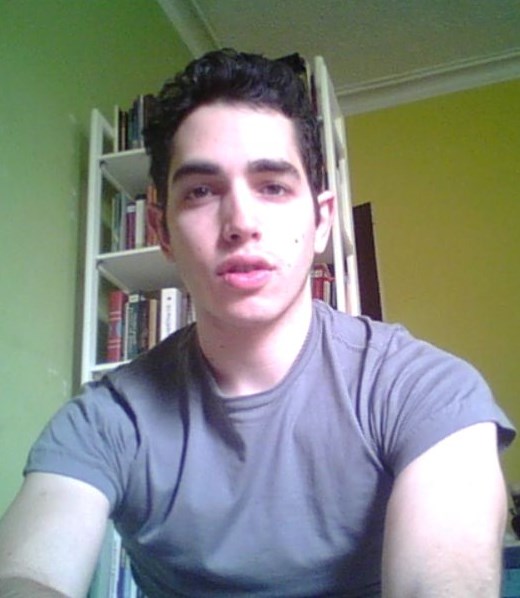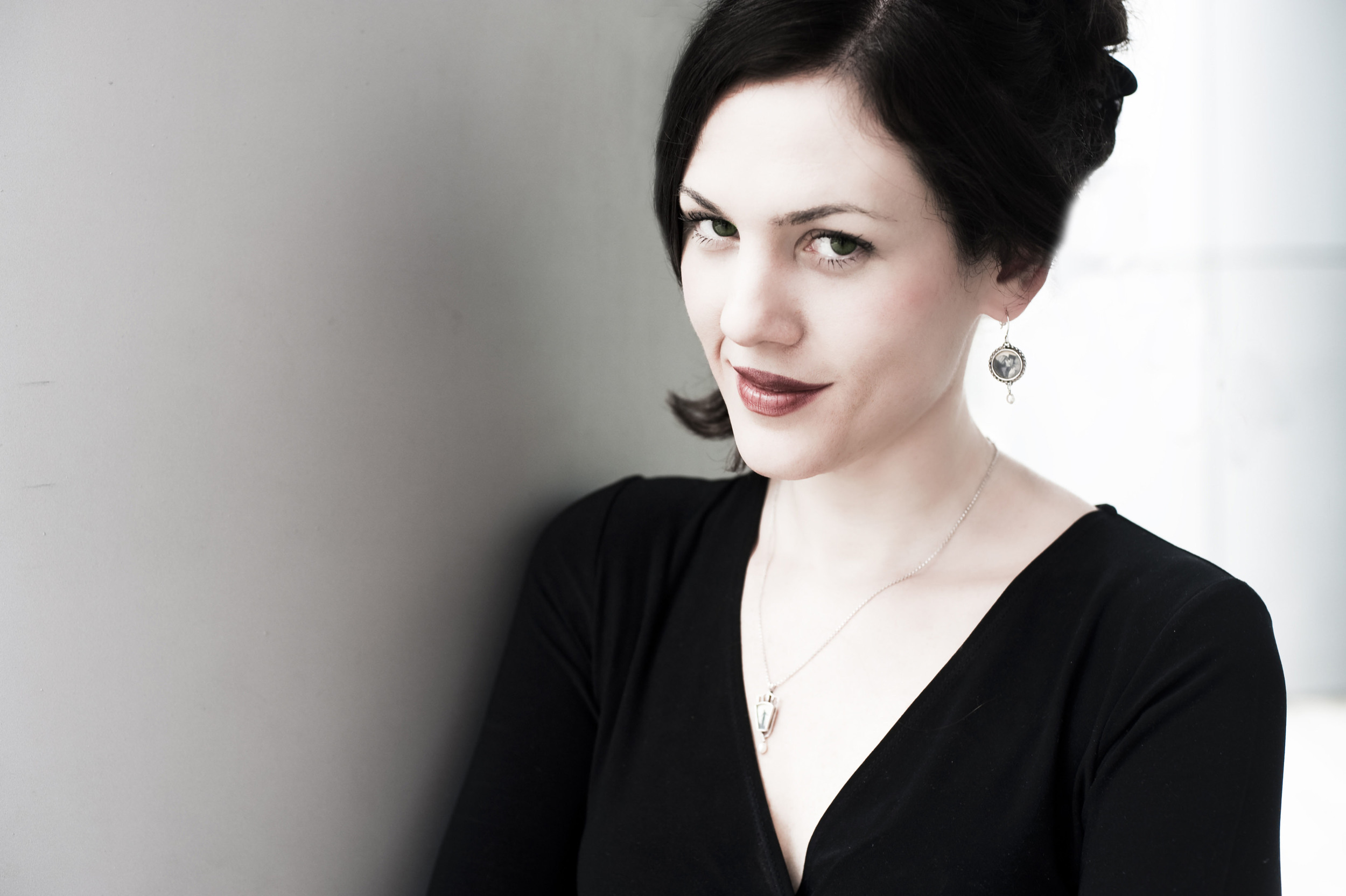Issue 1
Issue #1 (Spring) and Issue #1.5 (Summer Update) of Jam Tarts, a fresh online literary magazine dedicated to good writing and writing about good writing
To Readers Like You
If you've ever liked -- and disliked -- literature, this magazine is for you. You know how complicated your own preferences can be, especially when it comes to reading other people's writing. And sometimes, even when reading your own. (It's like, a freaking quilt of contradictions, right?) Trying to make sense of it all is a life-long project. And who's got time for that?!
Welcome to issue #1.5 of Jam Tarts
In these pages, we'll take time to talk about taste explicitly -- what we like and what we don't, to examine those seamless paradoxes and puzzling consistencies that we experience every day when we read and write. We'll look at our preferences through both critical and imaginative lenses, with increasing magnification, but we'll also remember to stop and enjoy ourselves in the process.
Good writing and writing about good writing requires good audiences. So, thank you for reading. Maybe you've already read through Issue #1 and you're back for more. Or maybe Issue #1.5 is your first time here. Either way, welcome.
Now, some of you may be wondering,"Good writing, this magazine contains 'good' writing ... I see, OK, fine ... but why not great? Or bad?" Because great things and bad things tend to sort themselves out, in time. They're easy designations which are beyond us, in many ways. And they get what they deserve, usually. What's good, on the other hand -- well, that's much harder to figure out, in the here and now. Some good writing is very good, maybe even great. Other good writing is borderline bad, maybe even awful ... at least for now. And what about later? In this changing middle ground, in this state of flux and wonder, this is where good conversations can be had.
It's in this same spirit of curiosity that I've gathered some good writing for us to read and write about. Issue #1.5 is an extension of the first issue, with additional poetry, prose, and art. A few voices you'll hear are established, others are new. All of them offer us something fresh to consider.
In this summer update, we also have for the first time a painter's voice: "Unreal Landscapes" is a digital exhibit created from the beautiful art of Tom Hlas. Tom's art is also woven into the design of the website itself, which I hope you enjoy as you browse.
In terms of reading: For starters, the range of poetry in this expanded summer issue gives us a good opportunity to compare and contrast various tastes, different lines of meaning, and to reflect on which meanings resonate with us at different points in our lives. The poems of Richard Hoffman ("A Fable") and John Fry ("I blew the candle out") tell us something of how beginnings and endings might begin or end, with or without us; while the poems of Kirun Kapur ("Art History") and Rachel DeWoskin ("Extreme Sports") remind us of life's various surprises involving love, as we go about our days; and the poems of Alexandria Peary ("Testing is Room B"), Mukoma Wa Ngugi ("On Reading the Poem I Should have Written") and Jacob Strautmann ("South Garden") present us with surreal echos of memories too real or too persistent to forget, while calling into question our stable notions of identity -- without (and here's the difficult part found in good poetry) without erasing our ability to piece things together somehow, to find ourselves in there somewhere.
New to this summer update are several poems which extend the core theme of the magazine (questioning tastes) while adding new layers for us to think about, complex yet everyday layers such as time and place, which tend to alter or accentuate our perceptions dramatically. For example, what better time to read Yahia Lababidi's poem "Ramadan" than right now, during the time of this religious observance. Of course this same poem could be read meaningfully any time of the year. Why should reading it right now be any different?
Then we have a startling new poem by Amanda Williams, "In Orbit", which draws from classical inspiration to create an artful critique of contemporary life. It's a poem out of time, you could say. And yet it is made resonant today.
Finally, there's a collaboration between Christopher Citro and Dustin Nightingale for you to enjoy, which begins with two poems -- wildly questioning space ("There, There") and time ("Eventually I Grew Up"). These two poems are part of a longer, winding sequence that Citro and Nightingale started beyond these pages in other publications -- a sequence which will also return to the Fall Issue (#2) of Jam Tarts, to continue with four more poems (but for those, you'll have to wait -- time is funny that way).
Meanwhile, outside of the garden walls of poetry, we have fiction to read: Katrina Smith's "Bar Hive Beekeeping" and Rose Lambert-Sluder's "1,600". If you didn't catch these stories in the first issue, now's your chance. Here are two short stories in which taste -- in its various manifestations -- is both distraction and religion. These authors' imagined worlds couldn't be more different, in setting and style, yet both draw very closely to our own.
“The man of understanding can no more sit quiet and resigned while his country lets its literature decay, and lets good writing meet with contempt, than a good doctor could sit quiet and contented while some ignorant child was infecting itself with tuberculosis under the impression that is was merely eating jam tarts.”
Then, at the heart of this summer issue still beats Matt Hart's essay, "On Noise and Noisemaking". Here the contradictions of art are broken open for us to explore more deeply, as Hart persuades us to reconsider our clear divisions between order and chaos, by pitting the merely beautiful against the impressively deranged: "If music is 'sound ordered in time,' noise is a kind of musickness: sound disordered and disorderly, an emergency of consciousness." Sounds straight-forward enough, right? Of course that's not the end of the argument. He's just warming up. Hart pushes classical notions of the sublime right up to the contemporary edge of aesthetics, without ever saying as much. It's one hell of a good read, I think you'll find.
Then, Jacob Strautmann and Mukoma Wa Ngugi return, with two perspectives -- on the current state of writer's festivals (in Mukoma's manifesto), and on what makes a good first book of poetry (in Jacob's omnibus review, "Countermeasures"). And while we're dishing out judgments, for those of you who took the magazine's first-ever online, blind taste test this spring--and even if you didn't take it, you might be interested to learn the results: Whose lines did people favor, Jewel's or Plath's? Which did people like better, the lines penned by T.S. Eliot or by one of his imitators? The sentences that Oscar Wilde wrote over 100 years ago -- or the sentences that contained the same meaning but had a more contemporary sound? The results may surprise you.
Then we have "Notes on Rome", a brilliant new essay by Nathaniel Rosenthalis, which I'm delighted to be adding to this summer issue: It's a personal essay but also a serious review of Dorothea Lasky's Rome. If you've ever fallen in and out of love with a book before, this prose piece by Rosenthalis is a must read. Of course it also happens to be the pragmatic kind of criticism that I believe is very valuable for us, not only for its depth of feeling but also for its literary citizenship. (More, please.)
Last but not least, be sure to check out my interview with three-time US Poet Laureate Robert Pinsky, who talks candidly about his own literary tastes and how they have evolved over time. Pinsky's tremendous generosity, restless spirit and enduring work -- in both his criticism and his poetry -- are all great reasons for this magazine's very existence.
Of course Jam Tarts is designed to be read in any order, so you can start with this interview, if you'd like.
Now to conclude with one small request: If you find writing or art that you like here in Jam Tarts, please be sure to share it with your friends and family, on Facebook and Twitter, in classrooms and living rooms, wherever you can, whenever you can. For the future of literature and art, like it or not, is up to us. All of it. It all depends on each of us turning to one another, from time to time, to say simply, very simply, "Hey, this is good. You gotta try this."


















